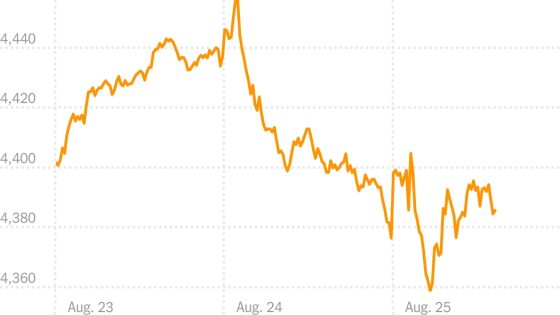On February 2, 2025, President Donald Trump is facing significant backlash from businesses due to his recent tariffs, which have raised concerns about inflation. The ongoing trade war, particularly between the U.S. and Canada, is prompting various industries to reevaluate their strategies in response to these economic pressures.
- Trump faces backlash over tariff policies
- Canada-U.S. tariff war affects multiple industries
- Canadian response to U.S. tariffs intensifies
- Chamber of Commerce critiques Trump's tariffs
- Tariffs pose risks to Great Lakes region
The trade war initiated by President Trump has escalated tensions between the united states and Canada, with tariffs impacting a wide range of products. Businesses are voicing their concerns, as increased costs could lead to higher prices for consumers. Key industries affected include manufacturing, agriculture, and retail, all of which are grappling with the implications of these tariffs.
Some critical details about the tariffs include:
- Tariffs have been imposed on steel and aluminum, affecting construction and manufacturing sectors.
- Canadian exports to the U.S. are facing increased costs, which may lead to retaliatory measures.
- Inflation rates are projected to rise as businesses pass on costs to consumers.
In response to these tariffs, the Canadian government is exploring internal measures to mitigate the impact. This includes support for affected industries and potential negotiations to ease trade tensions. The Canadian Chamber of Commerce has also expressed its concerns, emphasizing the need for a balanced approach to trade that protects domestic businesses while fostering international cooperation.
The ongoing tariff situation highlights the complexities of international trade and its direct impact on local economies. As businesses adapt to these changes, the potential for inflation remains a critical concern for consumers and policymakers alike.

































